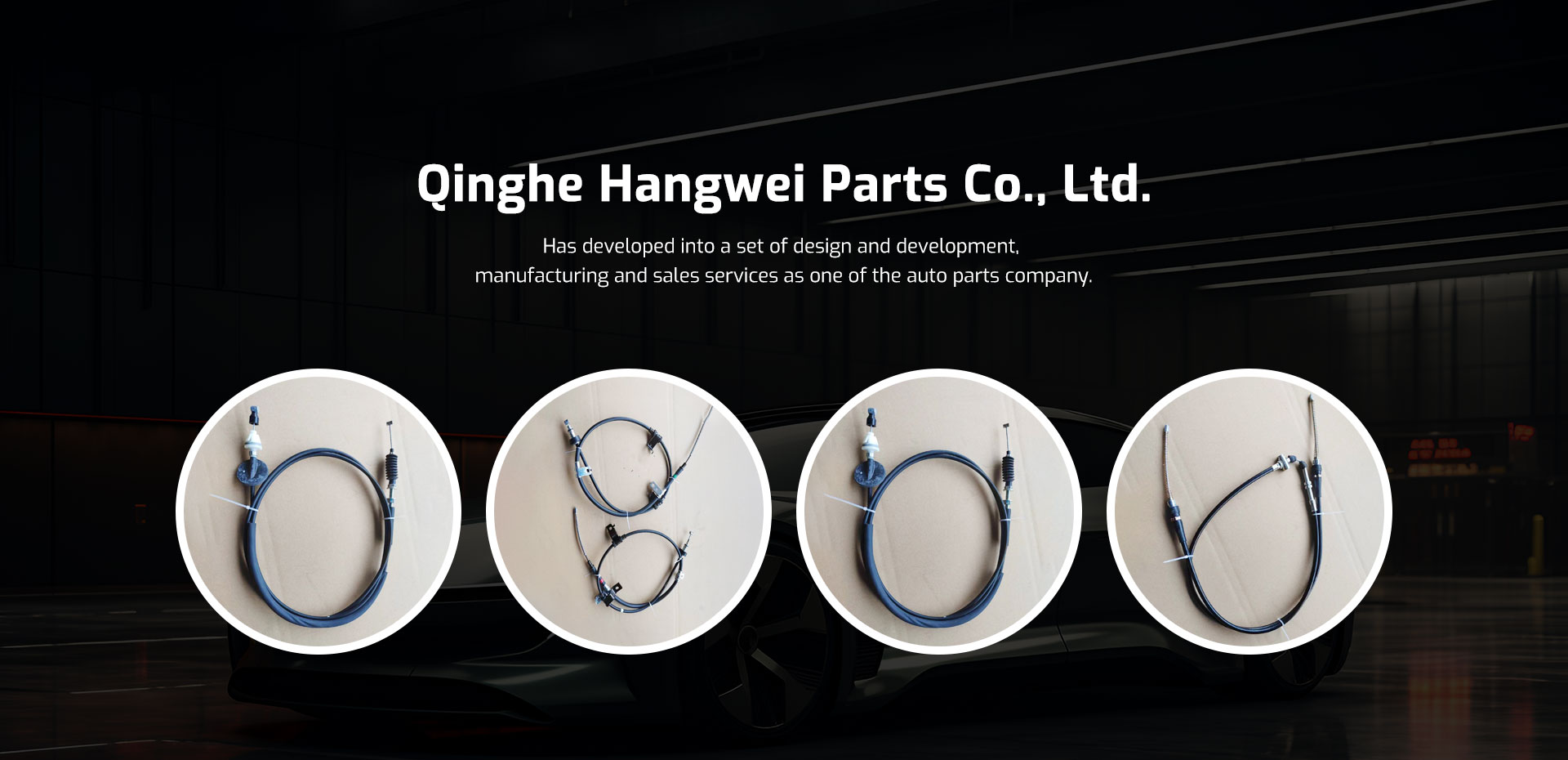Understanding the Functionality of the Clutch Master Cylinder and Its Fluid Lines
Understanding the Master Cylinder Clutch Line Key Components and Functionality
The automotive clutch system plays a pivotal role in the operation of manual transmission vehicles, allowing for smooth gear shifts and optimal control of power transfer from the engine to the wheels. Among the essential components of this system is the master cylinder clutch line, which connects the master cylinder to the slave cylinder and facilitates the functioning of the clutch mechanism.
The Master Cylinder A Brief Overview
At the heart of the clutch system is the master cylinder. It is a hydraulic device that converts the mechanical force applied to the clutch pedal into hydraulic pressure. When the driver presses down on the clutch pedal, the master cylinder generates hydraulic fluid pressure, which is transmitted through the clutch line to the slave cylinder. This action disengages the clutch, allowing the driver to shift gears seamlessly.
The master cylinder is usually located on the bulkhead of the car, near the pedal assembly. It contains a piston, which moves within a cylindrical housing. When the clutch pedal is pressed, the piston moves forward, forcing hydraulic fluid out of the master cylinder and into the clutch line. This process is crucial for providing the necessary force to disengage the clutch, thereby enabling gear changes.
The Clutch Line Essential Connectivity
The clutch line connects the master cylinder to the slave cylinder, serving as a conduit for hydraulic fluid. Typically made of reinforced rubber or metal, the line is designed to withstand high pressure while remaining flexible enough to accommodate the movement of engine components. The integrity of the clutch line is vital; any leaks or damage could lead to a loss of hydraulic pressure, resulting in clutch failure.
Proper routing of the clutch line is also crucial, as it needs to avoid contact with hot engine components, which could cause it to deteriorate over time. Regular inspections can help identify wear and tear, ensuring that the clutch system operates efficiently.
master cylinder clutch line

The Slave Cylinder Completing the Circuit
Once the hydraulic fluid reaches the slave cylinder through the clutch line, it engages a piston that operates the clutch fork. This action releases the pressure on the clutch disc, allowing it to disengage from the flywheel. This disengagement is essential for shifting gears without grinding or damaging the transmission components.
The slave cylinder operates in direct response to the pressure exerted by the master cylinder. Mechanical linkages or hydraulic pistons in the slave cylinder vary among different vehicles, but the principle remains the same hydraulic pressure generated by the master cylinder is transmitted to the slave cylinder, which in turn actuates the clutch mechanism.
Importance of Proper Maintenance
Given its critical role in the clutch system, maintaining the master cylinder clutch line is essential for vehicle safety and performance. Fluid leaks can lead to a spongy or ineffective clutch pedal feel, making it difficult for drivers to operate the vehicle efficiently. Regularly checking the hydraulic fluid level and inspecting the clutch line for evidence of wear or damage can prevent more severe mechanical failures down the road.
When replacing the clutch system components, it is also important to consider the quality of parts used, as inferior materials may yield lower performance and durability. Using OEM (original equipment manufacturer) parts can help ensure compatibility and reliability.
Conclusion
In summary, the master cylinder clutch line is a vital component of the automotive clutch system, enabling the hydraulic transfer of force required for smooth gear transitions. Understanding its function, alongside the master and slave cylinders, can enhance our appreciation for modern automotive engineering. Regular maintenance and timely inspections of this system can contribute to improved vehicle performance and longevity, ensuring a safe driving experience for all. By caring for these crucial components, drivers can keep their vehicles in optimal condition, ready for the challenges of the road ahead.
-
Upgrade Your Control with Premium Throttle CablesNewsAug.08,2025
-
Stay in Control with Premium Hand Brake CablesNewsAug.08,2025
-
Experience Unmatched Performance with Our Clutch HosesNewsAug.08,2025
-
Ensure Safety and Reliability with Premium Handbrake CablesNewsAug.08,2025
-
Enhance Your Vehicle with High-Performance Clutch LinesNewsAug.08,2025
-
Elevate Your Ride with Premium Gear CablesNewsAug.08,2025
